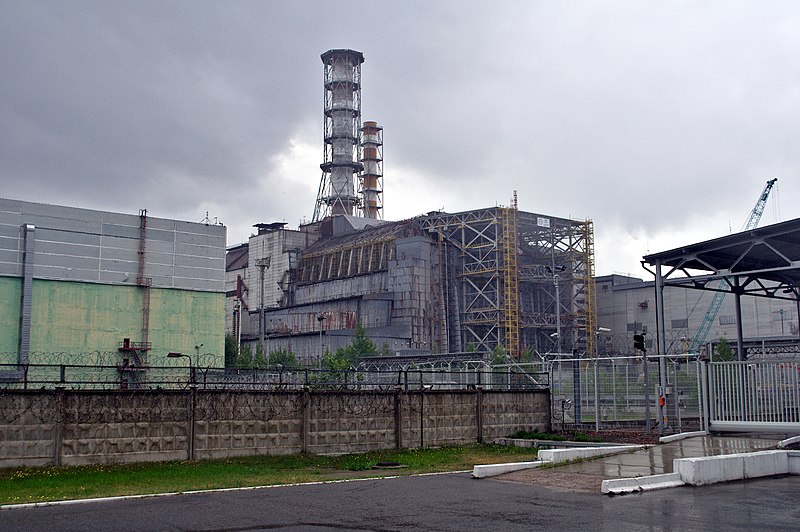April 6, 2022
Noah Mayhew
Putin’s War with Ukraine: Voices of CNS Experts on the Russian Invasion
The following is an excerpt from The Bulletin.
Since Russia’s war against Ukraine began more than a month ago, Russian forces have occupied the Chernobyl Nuclear Power Plant and surrounding territory—the site of the infamous 1986 nuclear disaster—and taken control of the Zaporizhzhia Nuclear Power Plant in southeastern Ukraine. While Ukraine’s state nuclear company reported today that the majority of Russian troops occupying Chernobyl have left (apparently because of concerns about radiation), the Zaporizhzhia plant remains under Russian control.

Reactor 4 in Chernobyl Nuclear Power Plant, Source: Paweł “pbm” Szubert / Wikipedia, licencja: CC-BY-SA-3.0
Notably, the shelling of the Zaporizhzhia plant in early March led to calls from the international community for more to be done to ensure the safety and security of Ukraine’s nuclear facilities. Many of these calls have been directed at the International Atomic Energy Agency (IAEA) and its Director General Rafael Mariano Grossi.
Thankfully, the shelling of the Zaporizhzhia plant did not damage the reactors themselves, though it did set a training facility at the plant on fire. It could have been much worse.
However, calls for the IAEA to impose a demilitarized zone around nuclear facilities, or mandate Russian forces not to shell nuclear facilities, are misplaced. The IAEA cannot compel a country to cease military hostilities. Moreover, the IAEA should not do anything to call into question its objectivity and neutrality—the IAEA’s status as a neutral, international organization with a technical mandate is its greatest asset on the international stage, which, wartime or not, is inherently political.
This does not mean that the IAEA, often called the United Nations’ “nuclear watchdog,” is toothless.
The IAEA’s mandate. At its core, the IAEA has two main functions: to “accelerate and enlarge the contribution of atomic energy to peace, health, and prosperity” and to implement safeguards to provide credible assurance that peaceful nuclear activities are not used to make nuclear weapons. The IAEA is not, however, a government that enforces laws. It is an international organization that works in service to its member states. Its authority rests in its statute, the agreements it has concluded with countries, and the additional authority granted to it by member states. There is no “don’t shell a power plant” clause.
Continue reading at The Bulletin.
